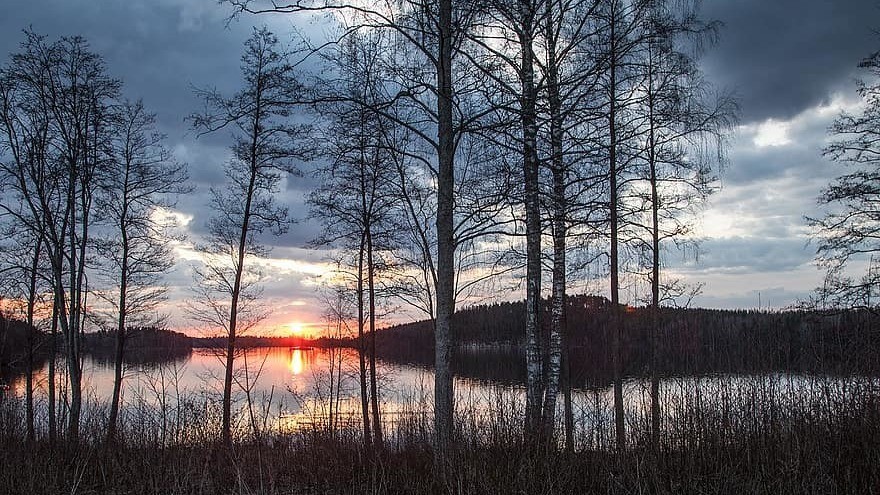Debussy’s “Rêverie,” Zoltán Kocsis
Rêverie (“daydream”) is music of the young Claude Debussy. Written in 1890, this atmospheric piece for solo piano anticipates the composer’s later works. At the same time, I hear a fleeting echo (perhaps coincidental) of Camille Saint-Saëns’ The Swan. As with Saint-Saëns, who downplayed his 1886 Carnival of the Animals suite as frivolity, Debussy later turned his back on Rêverie, writing to the publisher Fromont, I regret very much your decision to publish Rêverie. I wrote it in a …







